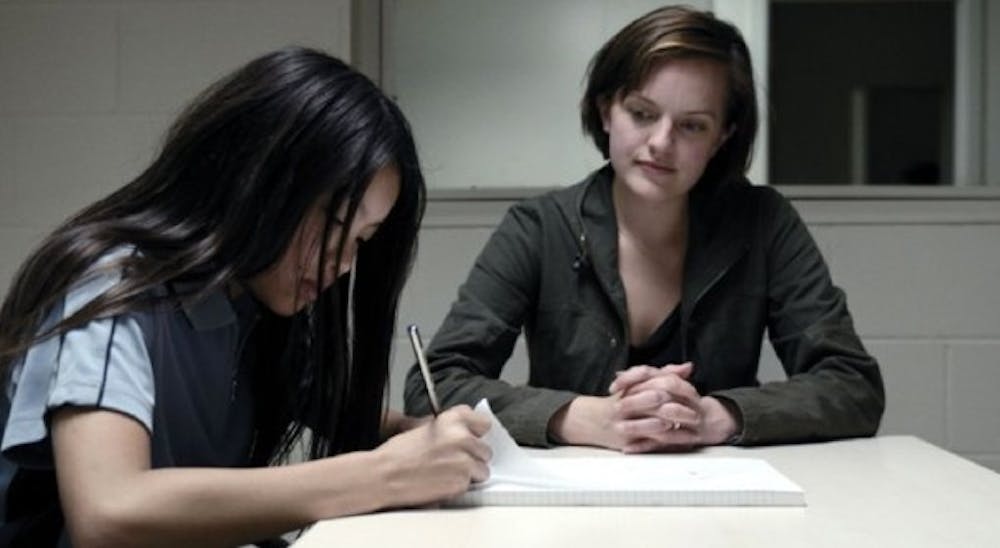Television is full of cop shows and serial killers, so it is really hard to reinvent the genre. But what “Top of the Lake” (which aired on the little–known Sundance channel in May) may lack in innovation, it more than makes up for in story. Many shows suffer from either length or repetition; the miniseries’ seven–episode format does not allow for any of that. Elisabeth Moss (of “Mad Men” fame, speaking in a non–native British accent) stars here as Robin, a cop who takes on a case when she is visiting her sick mother in her hometown of Laketop, New Zealand. And, yes, what follows next is the standard cop becoming too dedicated AND seeing similarities between her own fragile past and current case. But what is so striking about this show is the way creators Jane Campion and Gerard Lee depict the broken nature of these characters. And since the words “dark” and “serious” peaked with “The Dark Knight” (or with “Breaking Bad”), many see comedy as necessary to lighten the tension, but there is not a laugh to be had here. But there is a sincerity and warmth that Moss brings to her character (she was, deservedly, nominated for an Emmy this past weekend). She begins by taking on the case of Tui, a young girl who is brought in after being found standing in a lake pregnant. And as horrifying as the plot makes this case out to be, it never feels false. Robin also crosses paths with a woman’s commune called Paradise, whose spiritual leader GJ (Holly Hunter) at first seems like she is taking advantage of the women, but we soon learn is absolutely necessary for their survival. And, in what is probably the second most powerful role, Peter Mullan stars as the crime–lord/victim’s father who becomes increasingly threatening (within the first episode he makes his authority very well known) and sweet (his denial over Tui’s whereabouts is one of the many poignant character moments throughout). This is not a tale with black or white; it is full of grey. As beautiful as the landscape imagery is, some of the character moments are even more haunting. There are times that, besides Robin, we are not sure who to believe. Boromir’s brother (David Wenham of “Lord of the Rings” fame) is Robin’s immediate supervisor whose actions are constantly called into question. Yet his presence strengthens what is one of the show’s most important themes—the idea that we need people to thrive. Robin has faced her past alone for so long that she can’t face it until she begins to form real connections. While seven episodes may seem like a large investment for something that seems at first off–putting, both in its subject matter and familiarity, Moss, Campion and Mullan make you feel for these characters in a way that some of the most innovative shows do not. And the haunting pain that this show leaves is what really draws attention to the true importance of the bonds we form. Grade: A- Best for: “Mad Men” withdrawals Worst for: Date nights
Netflix Pick of the Week: "Top of the Lake"

